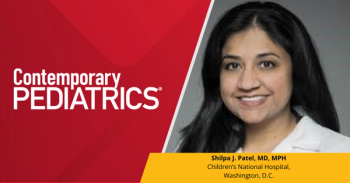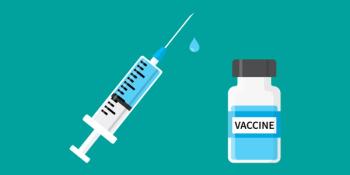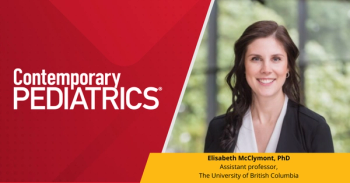
HPV vaccine holds promise of wiping out cervical cancer-but many problems remain
The newly approved vaccine against human papillomavirus vaccine (HPV), Gardasil, greatly enhances the prospects for eliminating a cancer-cervical cancer-for the first time, experts told state legislators at the recent HPV and Cervical Cancer Summit in Washington, D.C. But a host of barriers remain on the road to that goal, they said.
Juan Felix, MD, professor of obstetrics and gynecology at the University of Southern California, fears that low-income and minority girls and women will not be immunized, just as they often don't get Pap smears. "Women who have the least access to secondary prevention, who don't have the ability to come and see their doctor annually to get their Pap smear, are really the women who are at greatest risk of acquiring cervical cancer," Dr. Felix told legislators at the second annual summit.
Dr. Felix, who has worked on projects to offer screening to underserved women, warned that social and cultural issues are far more important than money in reaching this population, and that "we, as of yet, have not developed a proper strategy to effectively deal with this problem." Calling for mandatory HPV immunization as a condition for girls' school attendance, Felix said, "If we don't mandate it, I guarantee you that the women who die of cervical cancer in the United States are going to continue to die of cervical cancer. And we won't be saving any lives, and we won't be saving any money." According to Women in Government, the host of the summit, Michigan is likely in the coming year to become the first state to require HPV vaccination for girls for school attendance.
In light of these facts, the questions about HPV immunization facing every state are "where are we going to get the money and where are we going to put it?" observed Cosette Wheeler, PhD, professor of molecular genetics at the University of New Mexico Health Sciences Center. "One thing that we can agree on is that girls 11 and 12 years of age are the appropriate, recommended target for routine vaccination," although older and sexually active women can also benefit from immunization, she added.
Women in Government is a nonprofit, bipartisan organization of women state legislators. The group launched a campaign two years ago to eliminate cervical cancer, including urging state legislators to increase access to screening for and prevention of HPV.
Kathryn Foxhall, Correspondent
Newsletter
Access practical, evidence-based guidance to support better care for our youngest patients. Join our email list for the latest clinical updates.








